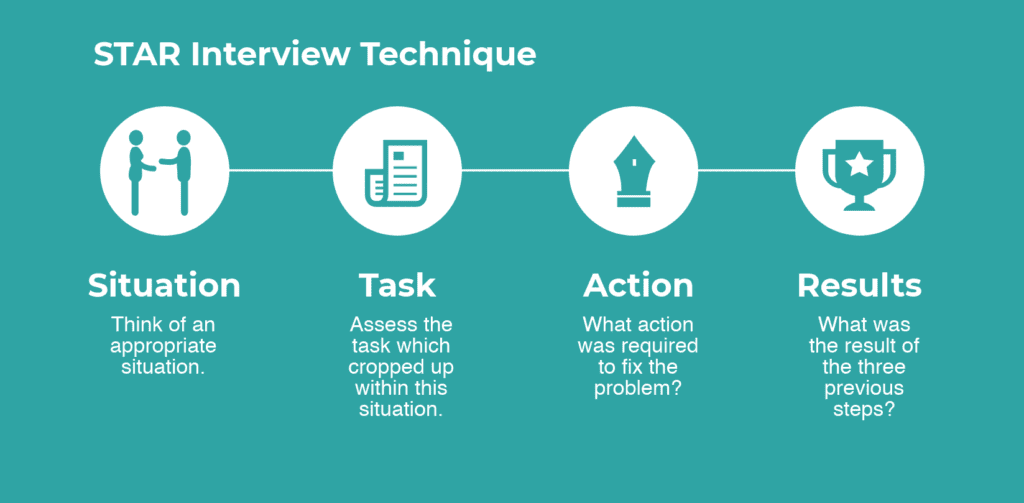Firstly, don’t sweat it. If your initial reaction was ‘what on earth is a behavioural interview?’ You wouldn’t be the only one. Although, behavioural style interviewing has become steadily more widespread over the last couple of decades.
What is a behavioural interview?
Basically, a behavioural interview is a specific interview style in which the applicant is asked to describe examples of past behaviour in order to determine whether he or she will be a good fit for a position. The theory goes that the way you’ve behaved in specific work-based situations in the past is the best indicator of how you’re likely to behave in a similar situation in the future.
What are employers looking for?
Employers are looking for answers to things like are you prepared to bend the rules to get results? Can you work under pressure in a team that’s riddled with personality clashes? What style of leadership do you adopt and how do you implement it?
Why is it important to be prepared?
It may sound intimidating, but if you can work on becoming more accomplished in this style of interview it will make you a much stronger interviewee. If you’re unprepared for this style of questioning, an ‘um, um, um’ response is ultimately going to sell you short.
Any recruiter worth their salt will let you know if this style of interview could be a possibility, and if it is on the cards for you it’ll be just like studying for an exam. Thorough preparation will eliminate a lot of the stress surrounding it.
Possible behavioural interview questions
- Give me an example of a goal you’ve reached
- Give me an example of conflict in the workplace and how you helped deal with it
- How have you worked effectively under pressure?
- Have you ever had to implement a decision which was unpopular?
- How do you handle a challenge?
There are no right or wrong answers, but pre-planning and giving a comprehensive answer will definitely get you a tick in the right box. Specificity is going to be the key here.
How to plan your answers using the STAR technique
The STAR interview technique is a solid and popular method in preparing to tackle this type of interview questioning head on. When plotting your responses to this sort of questioning, consider this process.
S – think of an appropriate Situation;
T – asses the Task which cropped up within this situation; and
A – what Action was required to fix the problem?
R – the Result of the three steps you utilised above.
When piecing together a specific response, work to the STAR method and think of it as a short story – it needs a beginning (the scene-setting situation and task), a middle (the action taken) and an end (the results). It’s based on your real-life experience, so the details are already in play and shouldn’t be hard to recall. It’s the detail which will add colour and clout to your response.
It could be that your answer triggers a couple of additional questions, in which case just answer as truthfully and with as much detail as you can. No fiction, please!
Do your research!
When crafting your answers to behavioural questions it pays to research the company, recast your eye over the job ad, talk to your recruiter and see if you can establish a vibe of what the interviewer will be looking for. Mind you, you should be doing this in advance of every interview, regardless of its style.
Obviously, you can’t prepare for every potential interview question under the sun. But consider the following as a solid starting point:
– An example of when things went well for you at work,
– when they went badly,
– a time you contributed to resolving conflict,
– one where you achieved (or failed to reach) a goal.
If possible, these examples can be worked in to complement the skills and achievements you may have showcased on your CV.
Embrace the opportunity
While they can initially appear overwhelming, a behavioural interview is a great opportunity to showcase what you’re made of. This is not a time to be modest or downplay your achievements – but there’s also no need to fret if your stories aren’t all about the glory. We learn as much in the workplace from failures and disappointments as we do from success.

